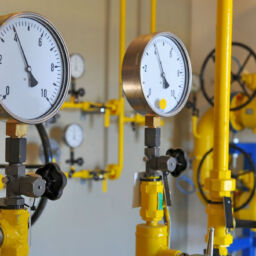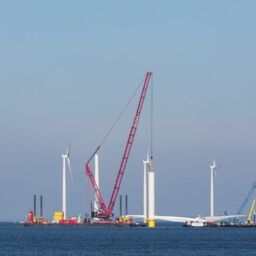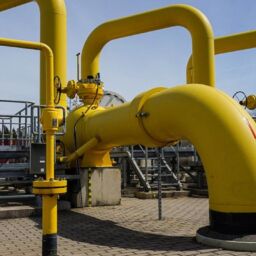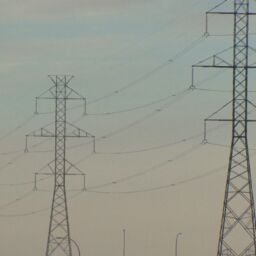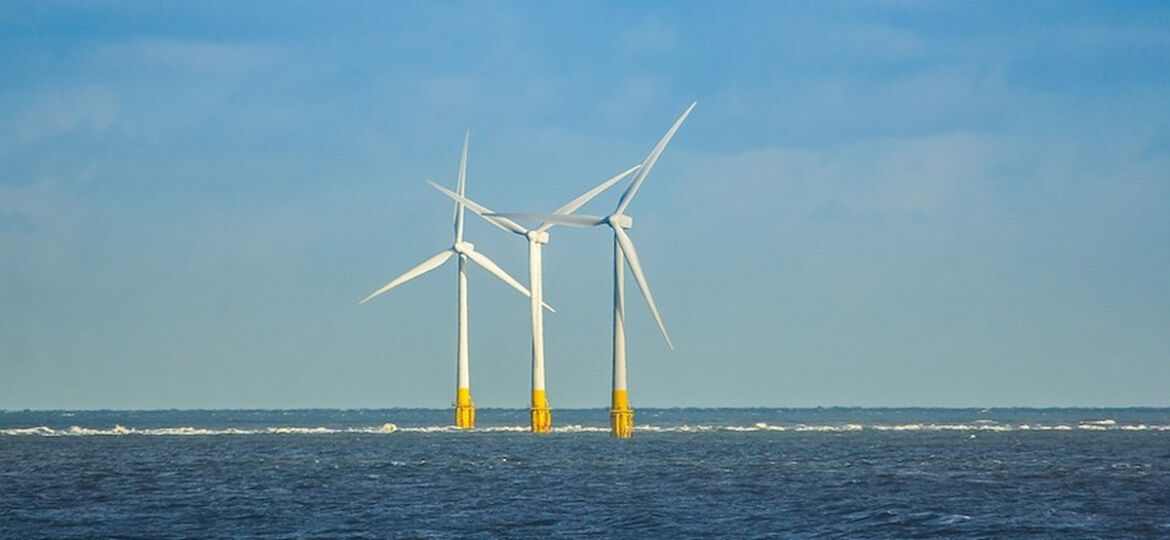
Malgosia Bartosik, the deputy CEO of WindEurope, presented on November 16 at the European Employment & Social Rights Forum, which was sponsored by the European Commission. She discussed some of the steps the wind business had made to hire the necessary personnel to carry out the energy transition. By 2030, Europe plans to increase its current 190 GW of wind energy to 510 GW. This represents a huge rise in the number of projects that must be installed quickly. To increase from the current 300,000 jobs to over 450,000 jobs in just 8 years, the European sector will need to fill at least 150,000 additional roles. These quick changes provide the following difficulties:
- Threat of a skills gap. Managers, engineers, and technicians are currently in high demand, and it is already challenging to fill such jobs.
- People now employed in the business or those looking to enter it require new skills, particularly in digitalization, ICT, robots, and health and safety.
- Worker retraining from industries such as coal mining. The industry as a whole would benefit from increased diversity and inclusion efforts. If Europe truly wants its green transition to be just, this is a necessity.
- Creating a uniform set of skills and training standards across the European Union.
The wind industry has undertaken a number of measures in recent years to address those difficulties. In order to assess demand and standardize training at the European level, the first step was to analyze the skills required in the wind sector. To complete this mapping exercise, educational institutions, universities, and training facilities teamed up with wind energy firms and trade organisations like WindEurope. Based on such findings, training modules and programs were created by EU-funded initiatives like SKILLWIND. Today, a number of organizations provide career training in wind energy, including Health & Safety training and specialized teacher training.
However, the energy transition needs to be fair in order to work. This entails making certain that nobody is abandoned. The wind industry has started a number of initiatives to reskill employees from other industries. Former miners can receive fresh training to work in renewable energy as coal mines close across Europe. When given the proper conversion training and certifications, their technical and professional abilities are easily transferable to the wind energy business. In the Jiu Valley coal city of Petrosani, Romania, a new retraining program just started. It is a part of a larger plan funded by the EU initiative “Coal Regions in Transition” that aims to reskill about 8,000 people in the valley by 2030.
Through the Work4Wind career assistance platform, WindEurope, the Polish and Ukrainian wind energy associations, and other organizations in Poland are assisting in establishing connections between Ukrainian migrants and Polish energy enterprises. Education-related projects are still another significant group. Future talent must be motivated by the wind sector. LearnWind, an online hub with a variety of educational tools for kids of different age groups, was introduced by WindEurope last year. With the illustrated book “Let The Wind Blow,” which is accessible in over 30 languages, younger children can learn about climate change, renewable energy, and the operation of wind turbines. In the new book “When I Grow Up,” 21 people who work in the renewable energy sector share their inspiring tales, including why they love what they do, what they studied in school, and the skills they required to achieve it. This book is aimed at older children and teenagers.
The publications also hope to inspire girls to think about pursuing careers in sustainable energy. There is still a long way to go in achieving gender equality; only slightly more than one fifth of the 1.2 million people working in the wind energy sector globally are women today. Additionally, WindEurope performed a pilot project at a primary school in Brussels to teach 12-year-old pupils about wind energy. One of the school’s instructors, two university professors, and WindEurope all contributed to the creation of the curriculum. The Offshorewind4kids project, which is still in Belgium, uses floating wind turbine structures to educate young people the fundamentals of engineering in a hands-on setting. All those initiatives are much more pertinent today given the concerns with climate change and energy security. Only if the appropriate individuals are in place to carry it out will the green transition be successful. And in exchange, it can provide enormous chances for Europeans in terms of their careers, education, and training. The “European Year of Skills” will take place in 2023, according to European Commission President Ursula von der Leyen, who made the announcement in her State of the Union speech in September. In this context, WindEurope joined the Pact for Skills, making firm pledges to guarantee that the sector has the personnel needed to complete an energy transition on schedule.



